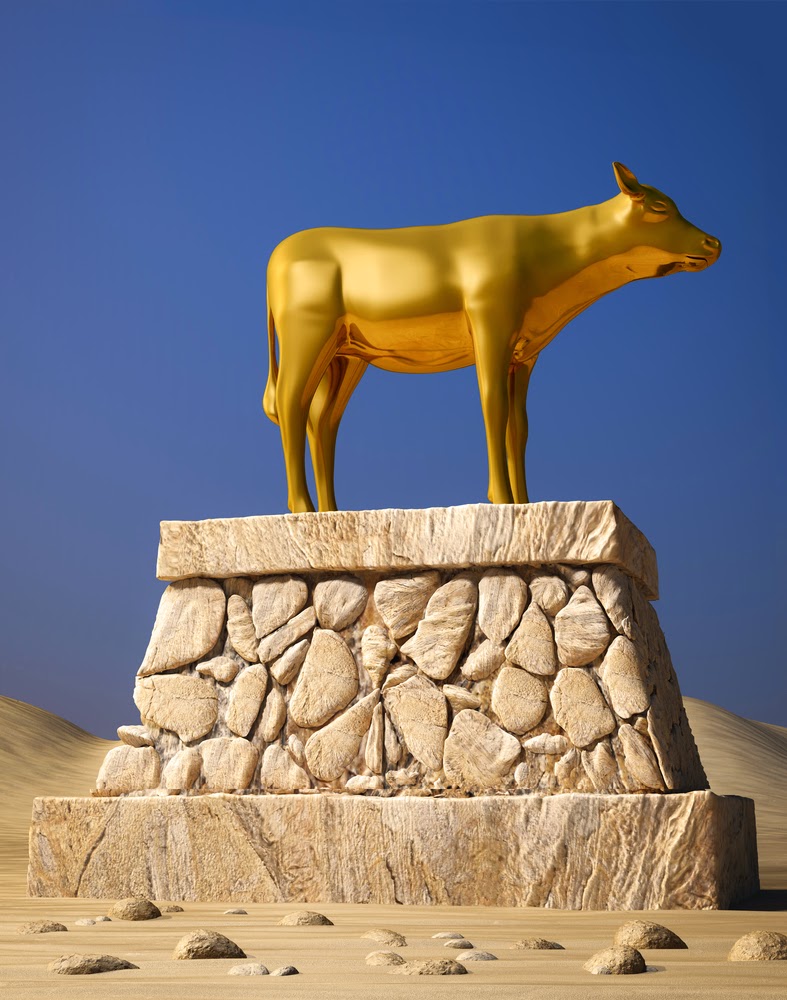Dallas Willard on Idolatry
Idolatry is a mistake about reality, and an error at the "worldview" level. It arises from the crying need of human beings to gain control over their lives. That need is understandable, of course, and it must be met in some way. But idolatry tries to meet the need by assigning powers to an object of human imagination and artifice, powers that object does not actually possess. It usually thinks of the object as a living being—monstrous in appearance and nearly always an animal or something animal-like—for it must be capable of action. In modern life it is more likely to be some sort of technical device or human arrangement (the government or the "market," perhaps) that we have come to trust. The "idol," then, is more than just the physical object, for it is supposed to have powers that, if humans appropriately serve it, will be used to benefit them. In the end the idol is always intended to be servant of the idol worshipper and their desires. Thus it is humans themselves who are the universal idol, and that is why Paul call covetousness idolatry (Col 3:5; Eph. 5:5). In coveting I elevate myself to the position of having my way and getting the things I want—regardless of others. But idolatry, of whatever kind, never works out well, because it is, precisely, a flight from reality, and often, from knowledge of reality.
Willard, Dallas. Knowing Christ Today: Why We Can Trust Spiritual Knowledge. New York: HarperOne, 2009. pg. 40-41.

